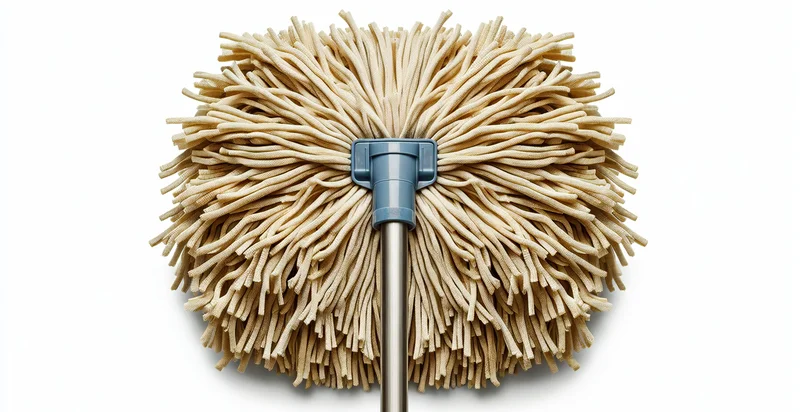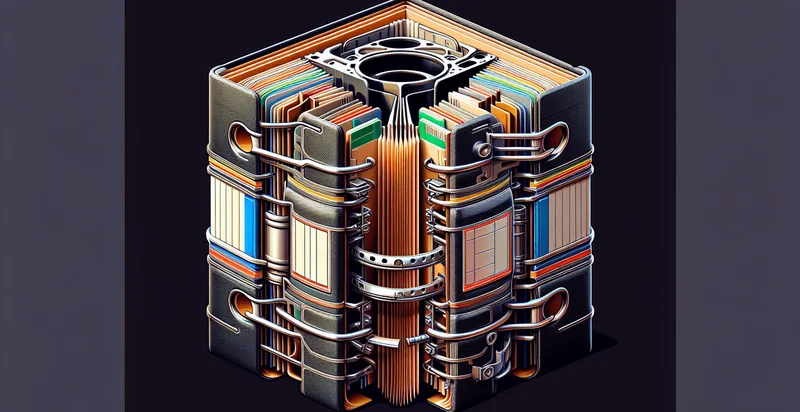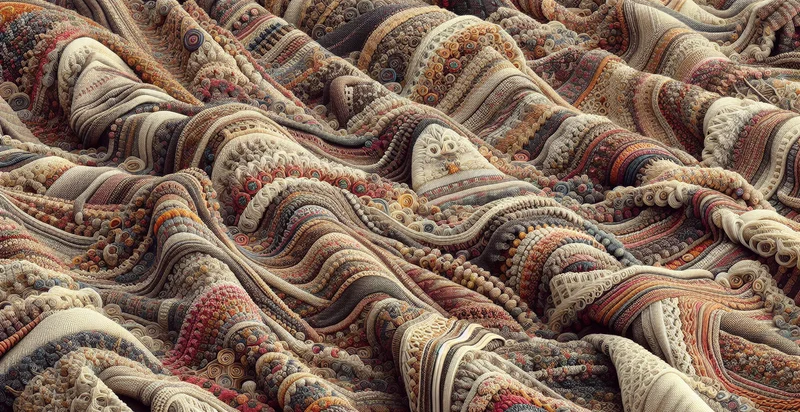Identify what material a mop is made from
using AI
Below is a free classifier to identify what material a mop is made from. Just upload your image, and our AI will predict what material a mop is made from - in just seconds.

Contact us for API access
Or, use Nyckel to build highly-accurate custom classifiers in just minutes. No PhD required.
Get started
import nyckel
credentials = nyckel.Credentials("YOUR_CLIENT_ID", "YOUR_CLIENT_SECRET")
nyckel.invoke("what-material-a-mop-is-made-from", "your_image_url", credentials)
fetch('https://www.nyckel.com/v1/functions/what-material-a-mop-is-made-from/invoke', {
method: 'POST',
headers: {
'Authorization': 'Bearer ' + 'YOUR_BEARER_TOKEN',
'Content-Type': 'application/json',
},
body: JSON.stringify(
{"data": "your_image_url"}
)
})
.then(response => response.json())
.then(data => console.log(data));
curl -X POST \
-H "Content-Type: application/json" \
-H "Authorization: Bearer YOUR_BEARER_TOKEN" \
-d '{"data": "your_image_url"}' \
https://www.nyckel.com/v1/functions/what-material-a-mop-is-made-from/invoke
How this classifier works
To start, upload your image. Our AI tool will then predict what material a mop is made from.
This pretrained image model uses a Nyckel-created dataset and has 15 labels, including Bamboo, Blend Fiber, Cellulose, Cellulose Fiber, Cotton, Disposable, Microfiber, Nylon, Polyester and Pva.
We'll also show a confidence score (the higher the number, the more confident the AI model is around what material a mop is made from).
Whether you're just curious or building what material a mop is made from detection into your application, we hope our classifier proves helpful.
Related Classifiers
Need to identify what material a mop is made from at scale?
Get API or Zapier access to this classifier for free. It's perfect for:
- Material Quality Assessment: This use case involves a quality control system that uses the false image classification function to determine the material composition of mop heads. By accurately identifying materials, manufacturers can ensure the quality and durability of their products, enhancing customer satisfaction and trust.
- Eco-Friendly Product Development: Companies seeking to develop sustainable cleaning products can utilize this function to classify mop materials based on eco-friendliness. This information allows businesses to source and promote mops made from biodegradable or recycled materials, appealing to environmentally conscious consumers.
- Supply Chain Optimization: Retailers can implement this false image classification tool to verify the material of mops received from suppliers. Streamlining the verification process ensures that mops meet the specified material requirements, reducing errors and potential customer complaints.
- Competitive Analysis: Businesses can analyze competitors' mop products by using image classification to identify materials used in their mops. Understanding the material composition helps brands to position their products more effectively in the market and develop targeted marketing strategies.
- Compliance and Safety Regulations: Cleaning product manufacturers can leverage this function to ensure that the materials used in their mops comply with industry safety regulations. By identifying materials accurately, businesses can avoid legal issues and ensure they produce safe products for consumers.
- User Education and Engagement: Consumer-facing applications can employ this image classification function to educate users about different mop materials and their benefits. By providing users with detailed information about the importance of material choice, brands can enhance user engagement and foster brand loyalty.
- Personalized Product Recommendations: E-commerce platforms can integrate this technology to classify mops based on material when users upload images during the product search. This personalized experience can improve customer satisfaction by suggesting mops that fit their preferences based on material type, efficacy, and cleaning needs.


